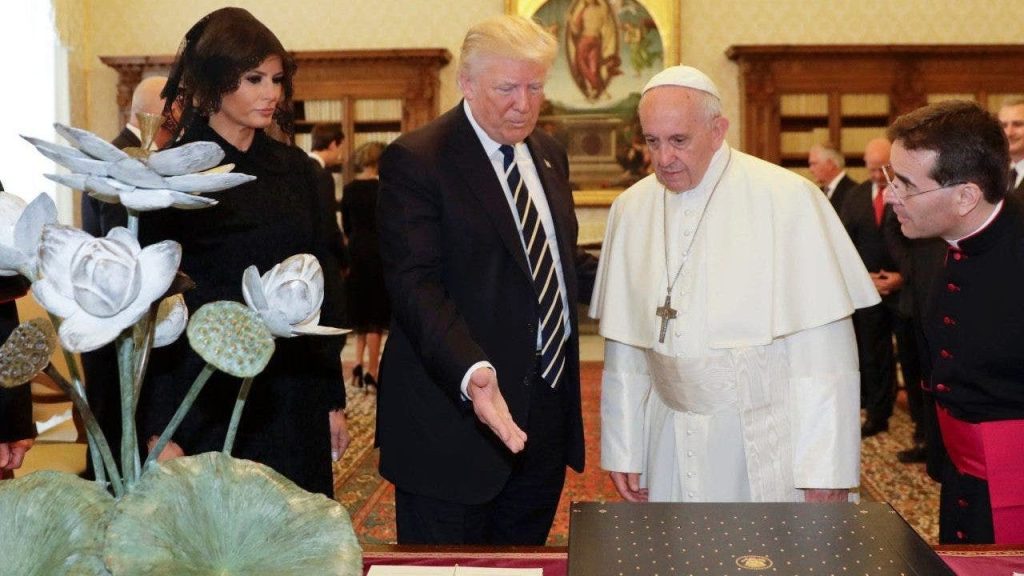In the 2024 election, Catholic voters swung massively towards Donald Trump, contributing to his unexpected victory. While Catholics were evenly split between Trump and Joe Biden in 2020, in the most recent election, they favored Trump by a 10-point margin. The president of the Catholic League, Bill Donohue, stated that Catholics rejected Vice President Kamala Harris due to her perceived animus against Catholics and extreme political views. This rejection played a significant role in Trump’s victory.
With 52 million Catholic adults in the U.S., the Catholic voting bloc is the largest religious denomination in the country. Despite previous beliefs that there was no such thing as a Catholic voting bloc, recent election results have proven otherwise. Brian Burch, president of CatholicVote, emphasized that Catholic voters have shown an emerging trend that Republicans should pay attention to. The group endorsed Trump in the 2024 election and dedicated significant resources to engaging with Catholic voters through various programs.
Survey data showed that Catholic voters favored Trump by a significant margin, especially in critical swing states like Pennsylvania, North Carolina, Michigan, and Wisconsin. In these states, Catholic voters supported Trump by varying margins, contributing to his overall electoral success. Key moments in the campaign where Harris alienated Catholic voters were identified, including insensitive remarks and policy positions that were perceived as directly antagonizing to Catholics.
Harris’s statements and positions on issues such as religious exemptions for doctors providing abortions and her lack of accommodation for Catholic healthcare providers drove many Catholics away from her candidacy. In contrast, Trump’s focus on economic improvements and border security resonated with working-class Catholics who felt left behind by the government. This messaging created a new synthesis of populist social justice that prioritizes family and American economic interests.
The CatholicVote memo emphasized that Democrats have a “Catholic problem” and must address the growing influence of the progressive wing of the party. Burch noted that the election results highlighted how the Democratic Party’s platform no longer aligns with the values and priorities of many Catholic voters. By connecting with everyday Catholics and championing policies that resonate with them, Trump effectively mobilized this voting bloc and secured their support in the election.
Burch revealed that he had regular communications with Trump’s policy advisors and spoke with Trump himself before a rally in Milwaukee. He highlighted the importance of the Catholic vote in delivering the election for Trump. The emergence of a new political coalition that prioritizes family values, economic policies, and the interests of everyday Americans has shifted the dynamics of Catholic voter preferences. The Catholic voting bloc’s support for Trump in the 2024 election underscores the changing political landscape and the significance of engaging religious communities in electoral campaigns.


